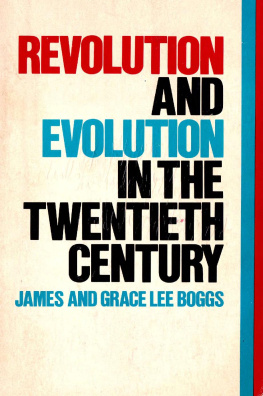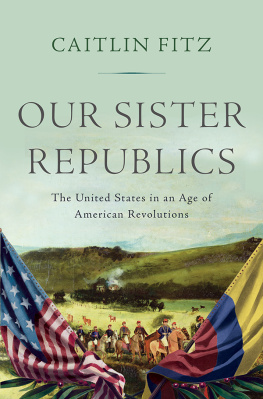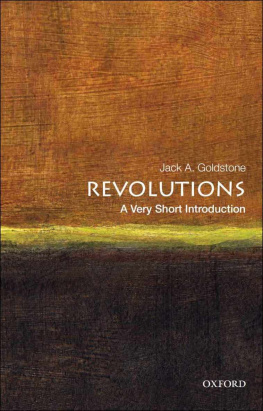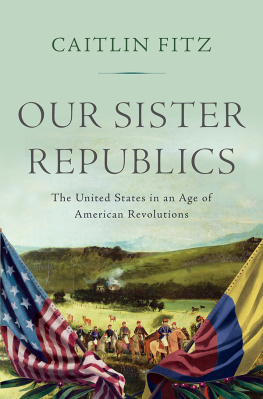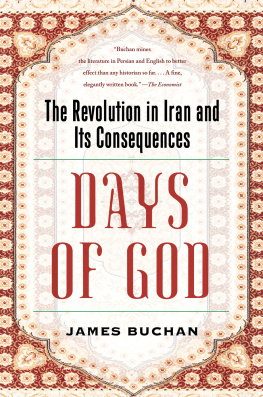JAMES AND GRACE LEE BOGGS
REVOLUTION AND EVOLUTION IN THE TWENTIETH CENTURY
MONTHLY REVIEW PRESS
NEW YORK AND LONDON
Copyright 1974 by James and Grace Lee Boggs
All Rights Reserved
Library of Congress Cataloging in Publication Data
Boggs, James.
Revolution and evolution in the twentieth century. I. Revolution- History. 2. Negroes -Politics and suffrage. 3. United States - Civilization -1945. I. Boggs, Grace Lee, joint author. Il. Title.
D445.B63 301.6'333 73-90076
ISBN 0-85345-322-5
First Modern Reader Paperback 1975
Monthly Review Press
62 West 14th Street, New York, N.Y 10011 47 Red Lion Street, London WCI R 4PF
Manufactured in the United States of America 10 9 8 7 6 5 4
PREFACE
We have written this book for those Americans of our time who have become aware of the need for profound and drastic change in this country, who want to do something to improve human life and are ready to dedicate their lives to this goal, but who are unable to see a path, a direction for their dedication; who are convinced that they must do something of a sustained character to change this country if they are to realize their own human identity and if this country is ever to get back on the human road, but who are not sure whether what they are now doing is helpful or futile, relevant or irrelevant. During the more than thirty years of our participation in the labor, radical, and black movements in this country, we have made countless speeches and written countless documents, pamphlets, leaflets, and articles. We have also written two books on the contradictions in U.S. society and the state of the movements which have emerged to resolve these contradictions.
In The American Revolution (New York: Monthly Review Press, 1963), we focused on the tremendous technological development which has taken place in this country, the economy of abundance and the Welfare State which it has made possible, and the transformations which these have brought about in the work force and in the relations between the races and classes in this country. Most radicals have never reflected upon this unique development. Instead of using the dialectical method which was Marx's landmark contribution to revolutionary thought, they have been chiefly concerned with proving the correctness of what Marx wrote about capital and labor in the middle of the nineteenth century at the beginning of the Industrial Revolution. The aim of The American Revolution was to create a consciousness of historical development in the U.S. movement and thus finish up with those so-called Marxists who will never be able to do the creative thinking necessary to lead a revolution in the United States, because for them Marx has written the last word on revolution and the world might as well have been standing still for the last one hundred years.
Racism and the Class Struggle (New York: Monthly Review Press, 1970), contained a selection of our many articles and speeches from the 1960s. Our main purpose in these articles and speeches was to make clear the specific role which exploitation of the black underclass has played in the rapid development of American capitalism and hence the strategic political role which blacks can now play in revolutionizing this country as a whole.
The central theme in these publications has been the fundamental and dangerous contradiction in our society between economic overdevelopment and political, or human, underdevelopment. This political underdevelopment pervades our society. Every American, black or white, rich or poor or middle class, suffers from it because over the years everyone has gone his/her merry and not so merry way, pursuing individual life, liberty and happiness, and evading political responsibility in the delusion that economic development will resolve all human questions.
Now the chickens have come home to roost.
When The American Revolution was published in 1963, the idea of a American Revolution in our generation was so remote that most people assumed it was a book about the revolution of 1776. Now, on the eve of the two hundredth anniversary of the Declaration of Independence, this country has undergone nearly twenty years of sustained rebellion, the longest such period in our history.
In this period of social upheaval, most Americans have clone what others have clone in other countries in similar times. First, they have tried many different ways to resolve their problems and their conflicts. Then, having been frustrated in these efforts, most people have gone back to being apathetic, while a few continue to search for a new way. These few must now move on to a higher level, a higher plateau, in order to get a perspective on where they have been and where they still have to go.
We hope these people will find in this book food for much thought, and from that thought, the energies for the protracted struggle necessary to create a new nation out of these United States, a nation which all Americans, regardless of race, sex, or national origin, will be proud to call their own.
The ideas in the following pages are the product of collective struggles and collective discussion continuing over many years. They are ours only in the sense that we take responsibility for them.
- James Boggs
- Grace Lee Boggs
Detroit, Michigan
July 4, 1973
1
REVOLUTION AND EVOLUTION
There is a dangerous and terrifying gap between the emotions with which most people respond to the critical state of affairs in this country and their understanding of how our struggles relate to the continuing struggle of humankind down through history.
All too often people believe that once an issue has been identified, the next step is action and the more militant the action the better. In their haste to find a quick and simple solution, militant activists usually disregard the evolution of man/womankind. All they can see is man/woman as he/she is now. They fail to recognize that what we are today is the result of a long and continuing process of evolution, and that this process of evolution is still going on and will go on as long as there are men and women on this planet. All too often, militants fail to understand the links between the struggles that we are carrying on today in this country and the struggles that other men and women have carried on in the past and are still carrying on in other parts of the world. They do not stop to reflect on how man/womankind' s revolutions have been an essential part of their evolution, and their evolution an essential part of their revolutions.
Man/woman did not suddenly appear on this earth planet a few years ago nor did man/woman begin with Adam and Eve as the Bible tells us. Long before there were any gods, there were the men and women whose imaginations invented and created the gods. Nature and the universe existed before human beings, but the world in which we live has been created by the ideas, the work and the deeds of human beings. Therefore it can be changed by the ideas, the work and the deeds of human beings.
Humanity has been in the process of developing for the last twenty million years, ever since same creatures, looking mare like apes than people, began using sticks and stones as tools. Homo sapiens, or the beings who have left behind evidences of their ability to reflect, did not come into being until approximately fifty thousand years ago. Thinking about themselves, reflecting upon their past, their present and their future, is the unique ability which separates human beings from all other living creatures. It is the ability which enables them to learn from the past and project into the future. Animals only react and spend their entire existence living by their instincts. Man/womankind, on the other hand, has been continuously evolving through the thoughts and actions of living men and women.

